- Overview
- Symptoms
- Causes & Risks
- Tests & Diagnosis
- Treatment
- Living With
- Complications
- Support & Resources
- Appointment Prep
- View Full Guide
How Crohn's Affects Your Body

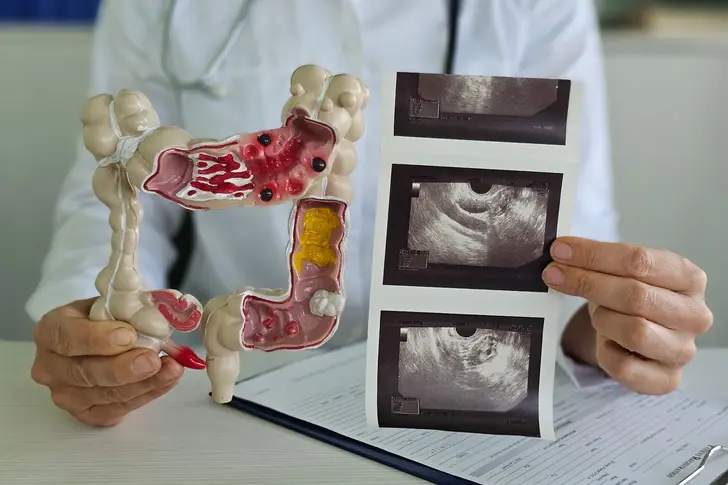
What Is Crohn's Disease?
Crohn's disease is a type of inflammatory bowel disease (IBD) that causes inflammation in your digestive tract. This inflammation can spread deep into the layers of your bowel tissue. Crohn's can be painful, debilitating, and sometimes leads to life-threatening complications. While it most commonly affects your intestines, Crohn's can impact almost any part of your body.
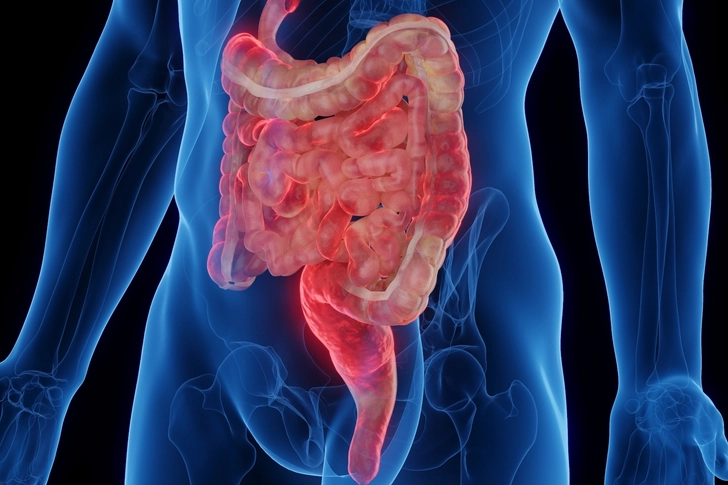
The Digestive System
The digestive tract is where Crohn's begins. Inflammation can occur anywhere in your gut but most commonly affects the end of the small intestine (ileum) and beginning of the colon. This inflammation causes symptoms like diarrhea, abdominal pain, and cramping. You might also have reduced appetite and unintended weight loss.

Beyond the Gut: A Full-Body Disease
Crohn's isn't just a gut problem. Many people with Crohn's experience symptoms outside their digestive tract. Crohn's can affect your joints, skin, eyes, liver, and more. Understanding these wider effects is important for managing your overall health and getting the right treatment for all aspects of the disease.

Skin Complications
Skin problems affect some people with Crohn's. You might develop painful red lumps on your shins or arms, ulcers or sores on your skin, or deep skin ulcers. Some Crohn's medications can also cause skin reactions like rashes, acne, or increased sensitivity to sunlight.

Joint Pain and Inflammation
Joint pain affects about 25% of people with Crohn's. You might have pain and swelling in large joints like knees, ankles, elbows, or wrists. Some people develop a type of arthritis called ankylosing spondylitis, which mainly affects the spine. Joint problems often flare up during intestinal flares but can sometimes occur when you aren't having gut symptoms.
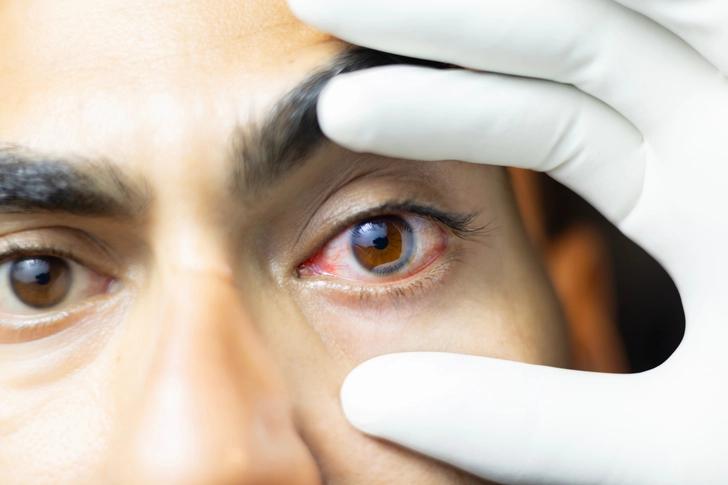
Eye Inflammation
About 10% of people with Crohn's develop eye problems. These include uveitis (inflammation of the middle eye), episcleritis (inflammation of the tissue covering the white of your eye), and conjunctivitis. Symptoms include eye pain, redness, sensitivity to light, and blurred vision. Let your doctor know right away if you have these eye symptoms.

Mouth Ulcers
Mouth sores affect many people with Crohn's. These painful ulcers can appear on your gums, inside your cheeks, or on your tongue. Some people also have swollen lips or cracks at the corners of the mouth. Talk to your doctor about treatments for these painful conditions.
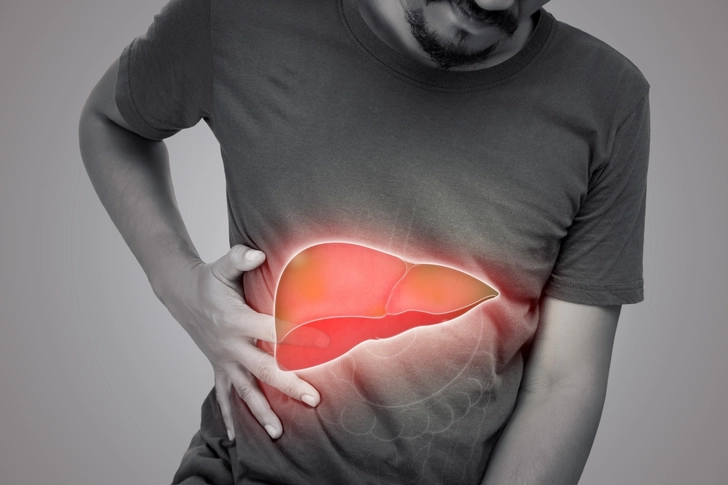
Liver and Gallbladder Complications
Crohn's can affect your liver and gallbladder. You might develop inflammation of the bile ducts, fatty liver disease, or gallstones. These conditions may cause fatigue, itchy skin, yellowing of the skin or eyes (jaundice), or pain in your upper right abdomen. Regular liver function tests can detect problems early, when they are more easily treated.
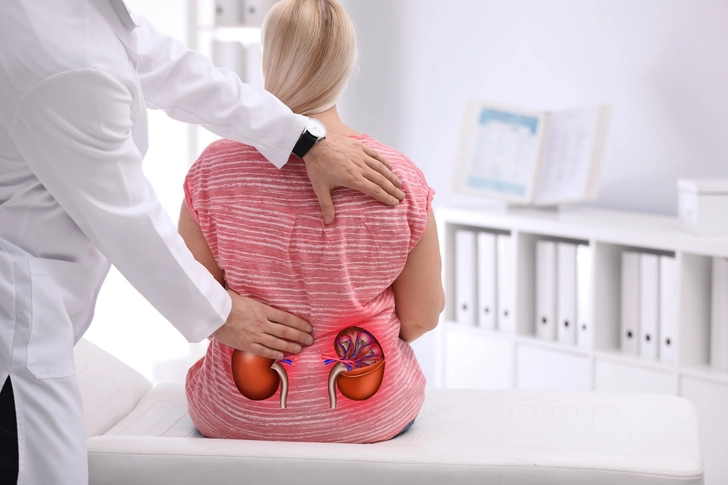
Kidney and Urinary Tract Effects
Kidney problems can occur with Crohn's, including kidney stones and swelling. Inflammation or scarring can block urine flow. You might experience pain in your side or back, painful urination, or blood in your urine. Staying hydrated helps reduce the risk of kidney stones.
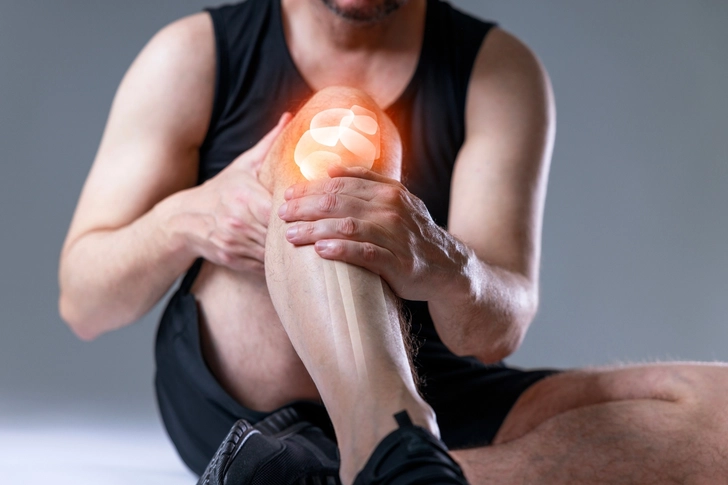
Bone Health Concerns
People with Crohn's have a higher risk of osteoporosis, or bone thinning. This can result from inflammation, steroid medications, poor nutrient absorption, or vitamin D deficiency. Weight-bearing exercise, calcium and vitamin D supplements, and bone density tests are important for protecting your bone health.
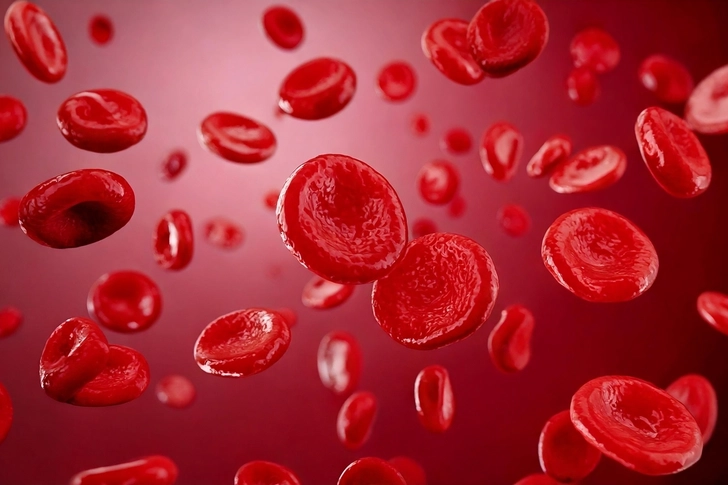
Blood and Circulation Issues
Anemia is common in Crohn's due to blood loss, iron deficiency, or not being able to absorb vitamin B12 properly. You might have fatigue, weakness, shortness of breath, or dizziness. Crohn's also slightly increases your risk of blood clots in veins. Seek medical attention right away if you have sudden leg swelling or pain.

Impact on Mental Health
Living with Crohn's can take a toll on your mental well-being. Depression and anxiety are common, stemming from dealing with unpredictable symptoms, medication side effects, and lifestyle adjustments. These mental health challenges are real medical issues connected to your Crohn's and deserve proper attention and treatment.

Nutritional Challenges
Crohn's can impair your body's ability to absorb nutrients. This might lead to deficiencies in vitamins D, B12, and K, iron, calcium, magnesium, and zinc. Signs include fatigue, weakness, numbness, and easy bruising. You may choose to work with a dietitian and take supplements to help ensure your body gets the nutrition it needs.
PHOTO CREDENTIALS
Slide 1 - NMK-Studio / Shutterstock
Slide 2 - 3dMediSphere / Shutterstock
Slide 3 - Pixel-Shot / Shutterstock
Slide 4 - Fajrul Islam / Getty Images
Slide 5 - The Good Brigade / Getty Images
Slide 6 - Uma Shankar sharma / Getty Images
Slide 7 - Chanintorn.v / Shutterstock
Slide 8 - Emily frost / Shutterstock
Slide 9 - New Africa / Shutterstock
Slide 10 - Ahmet Misirligul / Shutterstock
Slide 11 - The1969 Studio / Shutterstock
Slide 12 - Art_Photo / Shutterstock
Slide 13 - Microgen / Shutterstock
SOURCES
Levine, J. S. Gastroenterology & Hepatology, April 2011.
Vavricka, Stephan R. Inflammatory Bowel Disease, August 2015.
National Institute of Arthritis and Musculoskeletal and Skin Diseases (NIAMS): “What People with Inflammatory Bowel Disease Need to Know about Osteoporosis.”
TeensHealth.org: Inflammatory Bowel Disease.
WomensHealth.gov: “Inflammatory Bowel Disease Fact Sheet.”
Crohn’s & Colitis Foundation of America: “Liver Disease and IBD.”
MedicineNet: "Crohn's Disease Complications."
American College of Cardiology: "Inflammatory Bowel Disease Increases Likelihood of a Heart Attack." March 2018.
Crohn's & Colitis Foundation: "Fact Sheet: Emotional Factors," Fact Sheet: Kidney Disorders," "Fact Sheet: Liver Complications," "The Risk of Colorectal Cancer in Crohn’s Disease and Ulcerative Colitis Patients."
National Osteoporosis and Related Bone Diseases National Resource Center: "What People With Inflammatory Bowel Disease Need To Know About Osteoporosis."
Ryan Ungaro, MD, director, Comprehensive Care for the Recently Diagnosed IBD Patient (COMPASS-IBD) program, Mount Sinai, New York.
UptoDate: "Clinical Manifestations and Diagnosis of Arthritis Associated With Inflammatory Bowel Disease and Other Gastrointestinal Diseases," "Dermatologic and Ocular Manifestations of Inflammatory Bowel Disease."
Journal of Crohn's and Colitis: "Inflammatory Bowel Disease and the Risk of Autoimmune Diseases."
Morbidity and Mortality Weekly Report: "Health-Risk Behaviors and Chronic Conditions Among Adults with Inflammatory Bowel Disease — United States, 2015 and 2016."
Ryan Ungaro, MD, director, Comprehensive Care for the Recently Diagnosed IBD Patient (COMPASS-IBD) program, Mount Sinai, New York.
Crohn’s & Colitis Foundation: “Common Micronutrient Deficiencies in IBD.”
Current Opinion in Clinical Nutrition & Metabolic Care: “Micronutrient deficiencies in inflammatory bowel disease.”
BMC Gastroenterology: “Incidence and risk factors of micronutrient deficiency in patients with IBD and intestinal Behçet’s disease: folate, vitamin B12, 25-OH-vitamin D, and ferritin.”
Cellular and Molecular Gastroenterology and Hepatology: “Micronutrient Deficiency in Inflammatory Bowel Diseases: Cause or Effect?”
Mayo Clinic: “Lifestyle and Diet in Inflammatory Bowel Disease.”
Crohn’s & Colitis Foundation: “Nutrition and exercise with Crohn’s disease.””
Crohn’s & Colitis Foundation: “Vitamin and Mineral Supplementation.”
PRZ Gastroenterol: “Management of anemia in inflammatory bowel disease: a challenge in everyday clinical practice.”
Crohn’s & Colitis Foundation: “Diet and nutrition supplementation.”
Frontiers in Physiology: “Skin Manifestations of Inflammatory Bowel Disease.”
Mayo Clinic: “Pyoderma gangrenosum,” “Psoriasis,” “Vitiligo,” “Fingernails: Possible problems,” “Sweet’s Syndrome.”
InflammatoryBowelDisease.net: “What is an Anal Fissure,” “What is a Fistula?” “Perianal Disease,” “Mouth Sores and Other Oral Symptoms.”
Crohn’s and Colitis Foundation: “Skin Complications of IBD.”
Journal of Crohn’s and Colitis: “Psoriasis and Inflammatory Bowel Disease: Two Sides of the Same Coin?”
American Osteopathic College of Dermatology: “Leukocytoclastic Vasculitis.”
Diseases of the Colon & Rectum: “Finger Clubbing, Inflammatory Bowel Disease, and Circulant Vasodilators.”
Medscape: “Erythema Nodosum Treatment & Management,” “Clubbing of the Nails Treatment & Management.”
Genetic and Rare Diseases Information Center: “Epidermolysis bullosa acquisita.”
National Institute of Diabetes and Digestive and Kidney Diseases: “Crohn’s Disease,” “Definition & Facts for Gallstones,” “Symptoms & Causes of Gallstones.”
Medline Plus: “Crohn’s Disease.”
Mayo Clinic: “Cholestyramine (Oral Route),” “Crohn’s disease,” “Nonalcoholic fatty liver disease," “Primary sclerosing cholangitis.”
Crohn’s & Colitis Foundation: “Biologic Therapies,” “Bone Loss in IBD,” “Extraintestinal Complications: Kidney Disorders,” “Eye Complications in IBD,” “Intestinal Complications,” “Liver Disease and IBD,” “Skin Complications of IBD,” “What is Crohn’s Disease?” “Signs and Symptoms of Crohn’s Disease," "Arthritis and Joint Pain," "Complications and Extraintestinal Manifestations," "Extraintestinal Complications of IBD," "What Should I Eat?"
World Journal of Gastroenterology: “Crohn’s disease and growth deficiency in children and adolescents.”
Cochrane Database of Systematic Reviews: “Methotrexate for treatment of active treatment resistant Crohn’s disease.”
Crohn's & Colitis 360: "Silent Inflammatory Bowel Disease."
Johns Hopkins Medicine: "Colectomy."
Clinics in Colon and Rectal Surgery: "Perianal Crohn's Disease."
National Eye Institute: "Glaucoma."
Scientific World Journal: "Ocular Complications of Inflammatory Bowel Disease."
Cleveland Clinic: "Cholesterol Numbers and What They Mean."
Crohn's Colitis Canada: "Diarrhea and Urgency."
UCLA Health: "Ulcerative Colitis vs. Crohn's Disease."